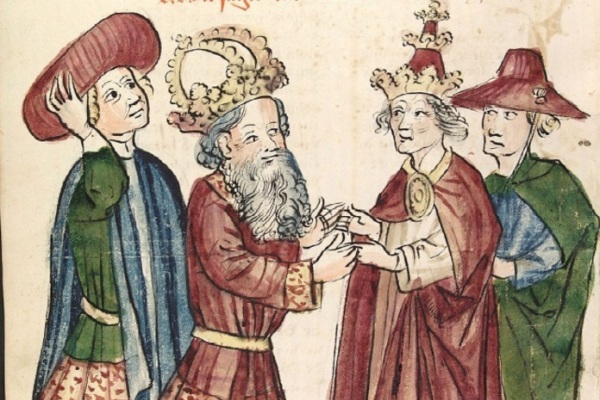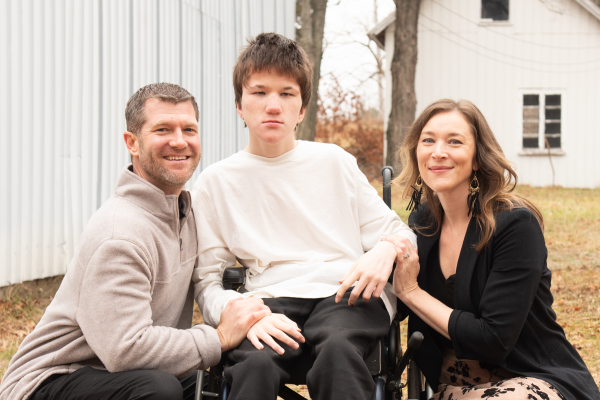Atheists Left Questioning, Disappointed as Democrats Affirm God at Convention
The Democratic National Convention in Charlotte, N.C., reinstated the word "God" to its party platform on Wednesday – a move that has seen atheists and non-believers question their place in the traditionally "all-inclusive" party.
Much like the Republican convention last week, the Democratic gathering featured prayers and speeches by a host of religious representatives, including the closing prayer by Cardinal Timothy Dolan, the Archbishop of New York, which was warmly welcomed by those present.
Atheist groups across the country, however, have been responding with disappointment at how prominent of a role faith played at both conventions, but some admitted that the Democratic Party is still their best chance of having their rights respected.
"I don't think the Republican Party has any desire at all to reach out to the millions of non-religious Americans. It's their loss," Hemant Mehta, the chair of Foundation Beyond Belief, who also runs the Friendly Atheist blog, told The Christian Post on Friday.
"The Democrats have done a lot for us, and they're the only viable option in this election, but even they invoke the Christian God's name much to the chagrin of secular Americans and other non-Christians."
Mehta commented that atheists' best chance of having their voices heard is not to form a third party, but to "educate our current elected officials on our issues and explain to them that religious belief is not something all Americans hold dear or virtuous."
"I don't think it's asking a lot for all politicians to say that atheists are just as much part of the fabric of our society as religious Americans, but too often, that's politically toxic for them. Our community needs to help change that. For better or for worse, the Democrats continue to be our best option for that change," he added.
The Charlotte Atheists and Agnostics (CAA), an American Atheists affiliate that held demonstrations at the Democratic National Convention to promote the separation of church and state, stated that although there are atheists who identify as Republican, Democrat, Libertarian and others, both major political parties have room to become more inclusive and open to secular voters.
"However, given the current political climate where atheists are the least trusted minority, I do not expect either party to court our votes too actively. Instead, CAA has focused on changing the image of those who are not religious by putting a positive face on atheism through education, public outreach and community service," Shawn Murphy of CAA told CP on Friday.
Murphy added that despite the current situation where many atheists may feel they are not well represented in the American political scheme, there is room for optimism – he pointed to a 2012 Gallup poll that shows that the majority of Americans would vote for a well-qualified, atheist candidate for president.
"The trends are in our favor. Those whom express no religion on surveys are the fastest growing group in that category. The young are especially likely to not associate with religion. Eventually politicians will recognize the power and importance of the secular vote and we will be a powerful voice in American politics. I am very optimistic about the future for atheists in this country," Murphy added.
Still, David Silverman, President of American Atheists, expressed his disappointment at the Democratic Party's re-inclusion of "God" back in the platform.
"I am shocked that the Democratic Party caved in to the pressure they were receiving because of their choice to use inclusive language in their platform." Silverman said. "This decision makes the Democratic Party look less like the 'party of all people' and only the party of those who are religious."
The group noted that it officially stands in opposition to the decision made by the Democratic Party, reportedly at the behest of President Barack Obama, and urged "the leadership to reconsider this action."






















